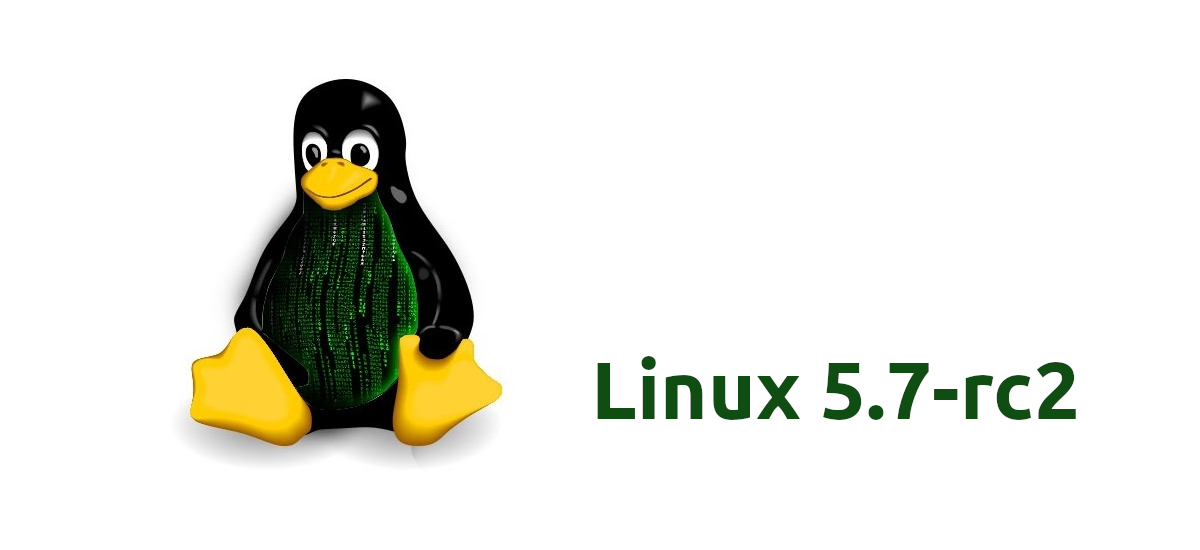
Like every Sunday, Linus Torvalds launched yesterday April 19 a new version of the kernel that develops, more specifically Linux 5.7-rc2. The week has been quiet, but this is how it usually is: the developers take a breather after the merge window and the testers haven't had enough time to test and find major bugs. So this has been a typical second Release Candidate and the calm is expected to lessen next week.
Linux kernel development usually starts with a first RC where all the important changes are introduced. During the next six they introduce few new features, focusing on fixing bugs so that the stable version arrives as polished as possible. That's what they have mostly done on Linux 5.7-rc2, although they also they have added patches like one on x86 which will improve support to accommodate larger AMD CPU microcode files.
Linux 5.7-rc2: a typical second Release Candidate
Everything still seems quite normal, with the requests in the account correctly in the middle of what you would expect for rc2. And most of the changes They are small and not scary at all. In fact, about 30% of the patch is from tools, and there is even a large amount due to a larger difference due to the x86 system call table being resynchronized with the main side of the nucleus.
After a Linux 5.6 that I arrive With major changes, Linux 5.7 will be the next major release to take place on next May 31, if they release seven Release Candidates, or on June 8 if Torvalds decides that the kernel version currently in development needs to be polished a bit more. Soon, we will write an article in which we will collect the most outstanding news that comes with this version.